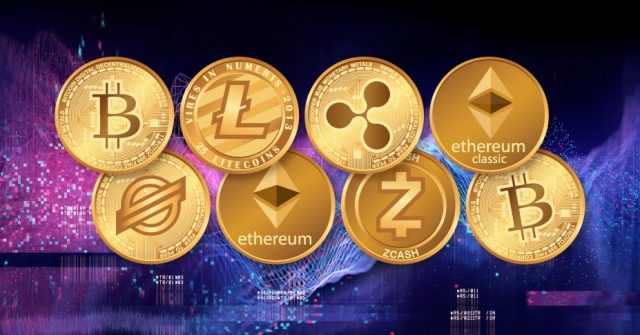As bitcoin hit its all-time high at more than $41,000 in 2021, the very word – cryptocurrency started creating huge headlines this year. While some people know what a cryptocurrency is by now but there is still a big chunk of human race which remains unaware about the whole situation. So, a cryptocurrency, in simple words, is virtual or digital money which takes the form of tokens or “coins”. The “crypto” in cryptocurrencies refers to complicated cryptography which allows for the creation and processing of digital currencies and their transactions across decentralized systems.
Cryptocurrencies are almost always designed to be free from government manipulation and control, therefore, people nowadays are investing more in these.
Though, bitcoin rules the world of cryptocurrencies, there are other cryptocurrencies which are worth investing in. Today, in this video we are going to talk about Top 10 Cryptocurrencies other than Bitcoin.
Watch the video till the end to make the most of it. So, let’s get started!
10Tron
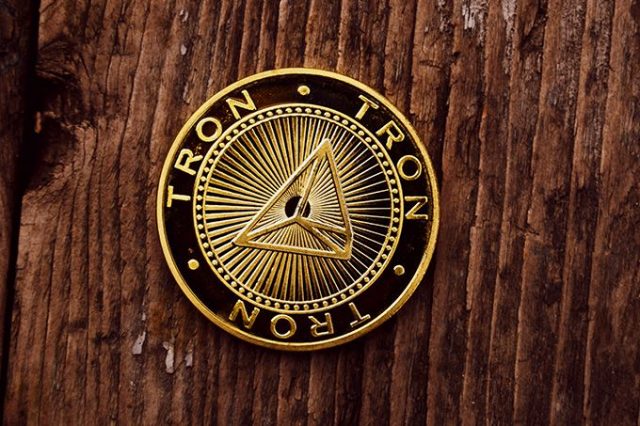
Tron was founded in September 2017 by a Singapore based non-profit organization called the Tron Foundation. It is headed by CEO Justin Sun and has a dedicated in-house development team that includes renowned technology stalwarts. It is a blockchain-based decentralized platform that aims to build a free, global digital content entertainment system with distributed storage technology, and allows easy and cost-effective sharing of digital content. The Tron network uses its cryptocurrency called Tronix (TRX). One can purchase Tronix on exchanges like Liqui and Binance by exchanging them for other cryptocurrencies like ETH or BTC. It can be stored on wallets that support the Ethereum blockchain like MyEtherWallet. Tronix can be used by content consumers to pay for the content they want to access. These coins would then go to the content producers’ accounts, where they can be exchanged to other cryptocurrencies, or can be used to pay for blockchain services. As of February 2021, one Tronix is traded at $0.05 and has a market cap of $3.4 billion.
9Monero (XMR)
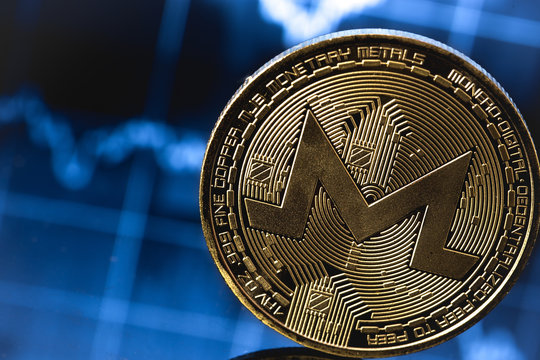
Monero is a secure, private, and untraceable currency. This open-source cryptocurrency was launched in April 2014 with a strong focus on decentralization and scalability. It enables complete privacy by using a special technique called “ring signatures.” With this technique, there appears a group of cryptographic signatures including at least one real participant, but since they all appear valid, the real one cannot be isolated. Because of exceptional security mechanisms like this, Monero has developed something of an unsavory reputation—it has been linked to criminal operations around the world. While this is a prime candidate for making criminal transactions anonymously, the privacy inherent in Monero is also helpful to dissidents of oppressive regimes around the world. As of February 2021, Monero has a market cap of $3.6 billion and a per-token value of $208.
8Dogecoin
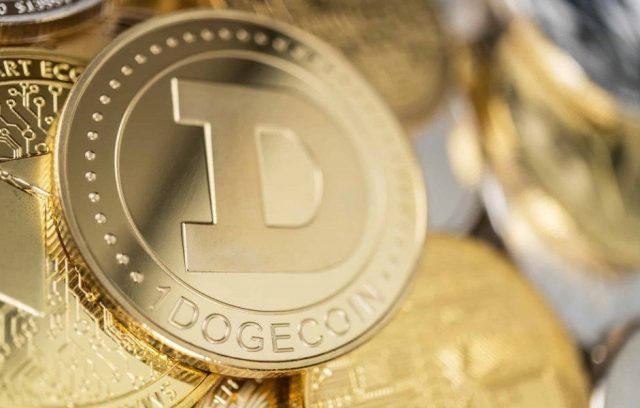
Dogecoin emerged in 2013 as a joke. It was created by Jackson Palmer and Billy Markus to satirize the growth of altcoins by making the doge internet meme into a cryptocurrency. It features the face of the Shiba Inu dog from the “Doge” meme as its logo and namesake. While it was birthed as a joke, it actually led to some practicality as it’s large supply and low price facilitated efficient micro-tipping content on social media. It is a derivative of Luckycoin which forked from Litecoin and uses a Scrypt algorithm. Dogecoin has 1 minute block intervals making it faster than other blockchains. There is no cap to the supply of coins and thus the coin can inflate infinitely. As of February 2021, the market cap of doge coin is $7 billion and is trading at $0.05 per token. And recently, Elon Musk bought Dogecoins for his son which resulted in attracting a lot of investors instantly.
7Stellar
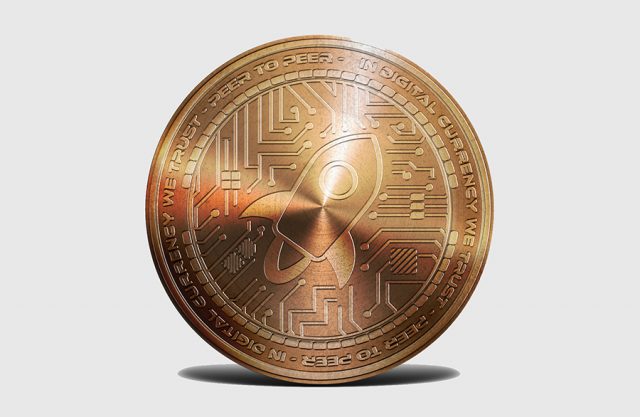
Stellar was founded by Jed McCaleb, a founding member of Ripple Labs and developer of the Ripple protocol. It is an open blockchain network designed to provide enterprise solutions by connecting financial institutions for the purpose of large transactions. The system allows for cross-border transactions between any currencies. Huge transactions between banks and investment firms that typically would take several days, a number of intermediaries, and cost a good deal of money, can now be done nearly instantaneously with no intermediaries and cost little to nothing for those making the transaction. Stellar’s native currency is Lumens (XLM). The network requires users to hold Lumens to be able to transact on the network. Stellar Lumens have a market capitalization of $9.4 billion and are valued at $0.42 as of February 2021.
6Chainlink
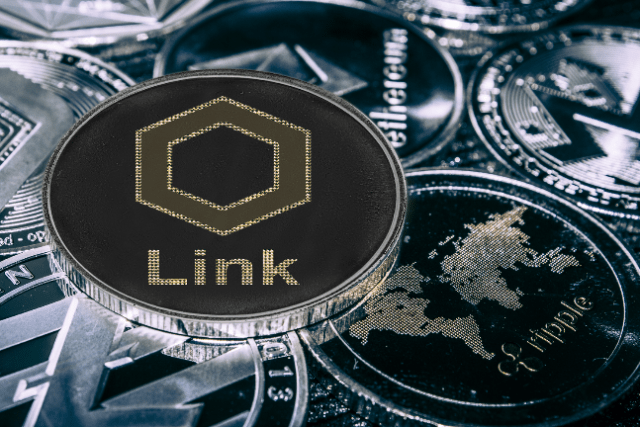
Chainlink introduces the world’s first oracle blockchain. It was launched in 2017 by Sergey Nazarov. The system monitors the network of oracles to ensure all data entry is correct. Through Chainlink, blockchain technology gains a huge advantage. It provides price and events data collected from on-chain and real-world sources. Chainlink aims to offer a solution to the “oracle problem” or the ability to get the off-chain data needed to operate many blockchain-based smart contracts. The token incentivizes participants to provide and use this data. Chainlink does not operate its own blockchain. Instead, the token protocol is blockchain agnostic and can run on many different blockchains simultaneously. As of February 2021, Chainlink’s market capitalization is $11.5 billion, and one LINK is valued at $28.
5Litecoin
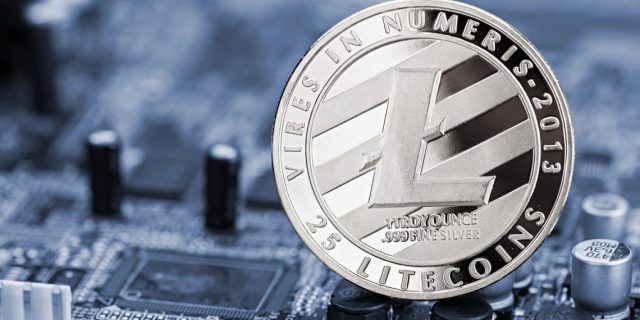
Litecoin was launched in 2011 and was created by Charlie Lee, an MIT graduate and former Google engineer. It was among the first cryptocurrencies to follow in the footsteps of Bitcoin and has often been referred to as “silver to Bitcoin’s gold.” Litecoin is based on an open-source global payment network that is not controlled by any central authority and uses “scrypt” as a proof of work, which can be decoded with the help of CPUs of consumer-grade. However, you may say that Litecoin is like Bitcoin but it has a faster block generation rate and hence offers a faster transaction confirmation time. Other than developers, there are a growing number of merchants who accept Litecoin. As of February 2021, Litecoin had a market cap of $13 billion and a per token value of $193, making it the sixth-largest cryptocurrency in the world.
4Ripple
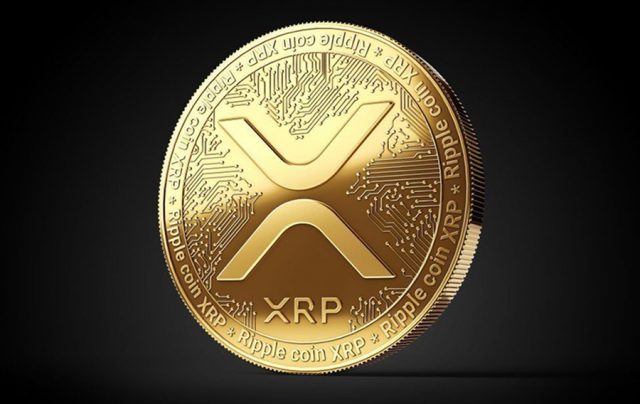
Ripple ranks 3rd in the list as per its market cap. It is a crypto and a network at the same time, which is used to move money around the globe without the need for third parties. The coin for the cryptocurrency is premined and labeled XRP. It was first released in 2012 and was co-founded by Chris Larsen and Jed McCaleb. In fact, Ripple is one of the most widely utilized cryptocurrencies for the execution of cross-border payments. With fast processing times of about 3-5 seconds and low transaction fees, Ripple is one of the main competitors of the current SWIFT system used by central banks and major financial institutions. Ripple is employed by more than 100 financial institutions across 40 countries; and according to some sources, giants such as VISA and Western Union could soon also accept Ripple. As of February 2021, Ripple’s native currency XRP has a market cap of $21 billion is trading at $0.46.
3Cardano

Cardano was co-founded by Charles Hoskinson, one of the five initial founding members of Ethereum. It is an “Ouroboros proof-of-stake” cryptocurrency that was created with a research-based approach. Cardano has also been dubbed the “Ethereum killer” as its blockchain is said to be capable of more. That said, Cardano is still in its early stages. While it has beaten Ethereum to the proof-of-stake consensus model it still has a long way to go in terms of decentralized financial applications. Cardano aims to be the financial operating system of the world by establishing decentralized financial products similarly to Ethereum as well as providing solutions for chain interoperability, voter fraud, and legal contract tracing, among other things. As of February 2021, Cardano has a market capitalization of $35 billion and one ADA trades for $1.05.
2Binance Coin (BNB)

The Binance exchange was founded by Changpeng Zhao and it is one of the most widely used exchanges in the world based on trading volumes. Binance Coin was initially an ERC-20 token that operated on the Ethereum blockchain. It eventually had its own mainnet launch. The network uses a proof-of-stake consensus model. Binance Coin is a utility cryptocurrency that operates as a payment method for the fees associated with trading on the Binance Exchange. Those who use the token as a means of payment for the exchange can trade at a discount. Binance Coin’s blockchain is also the platform that Binance’s decentralized exchange operates on. As of February 2021, Binance has a $39 billion market capitalization with one BNB having a value of $253.
1Ethereum

Ethereum is the topmost cryptocurrency in our list which appeared in 2015, with funds collected by Vitalik Buterin, through crowdfunding. Ether, the cryptocurrency of the Ethereum blockchain, is a technologically advanced version of bitcoin. It runs on a series of contracts unlike bitcoin, which is meant to be a unit of currency on a peer-to-peer payment network. This makes it more like Google Wallet or Apple Pay — a system that can approve or delay transactions based on real-world events. Online buyers and sellers, for instance, could set up trades that only follow through when the postal service independently verifies the delivery of goods. Ethereum is also blazingly fast compared to bitcoin: transactions only take 15 seconds to clear, rather than 15 minutes. Although trading costs are still high, its speed makes Ethereum useful for real-time use, rather than only as a store of value. Finally, Ethereum also has widespread adoption, with over 600,000 wallet addresses in use. Its winning combination of widespread usage, technological superiority and relative safety (compared to smaller coins, at least) makes it a superior investment. Plus, a majority of decentralized applications are based on Ethereum and the cryptocurrency accounts for the highest percentage of the total funds staked in the DeFi projects. As of February 2021, Ethereum (ETH) had a market cap of $ 186 billion and a per token value of $1,606.
Hope you enjoyed our list of Top 10 Cryptocurrencies other than Bitcoin. Tell us in the comment whether you found this video useful and do not forget to give this video a big thumbs up!
*Please Note – None of this is meant to be construed as investment advice, its for entertainment purposes only.*
























